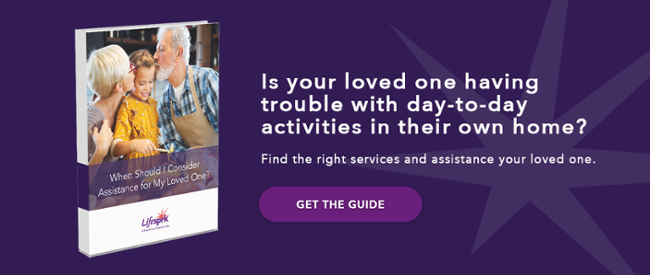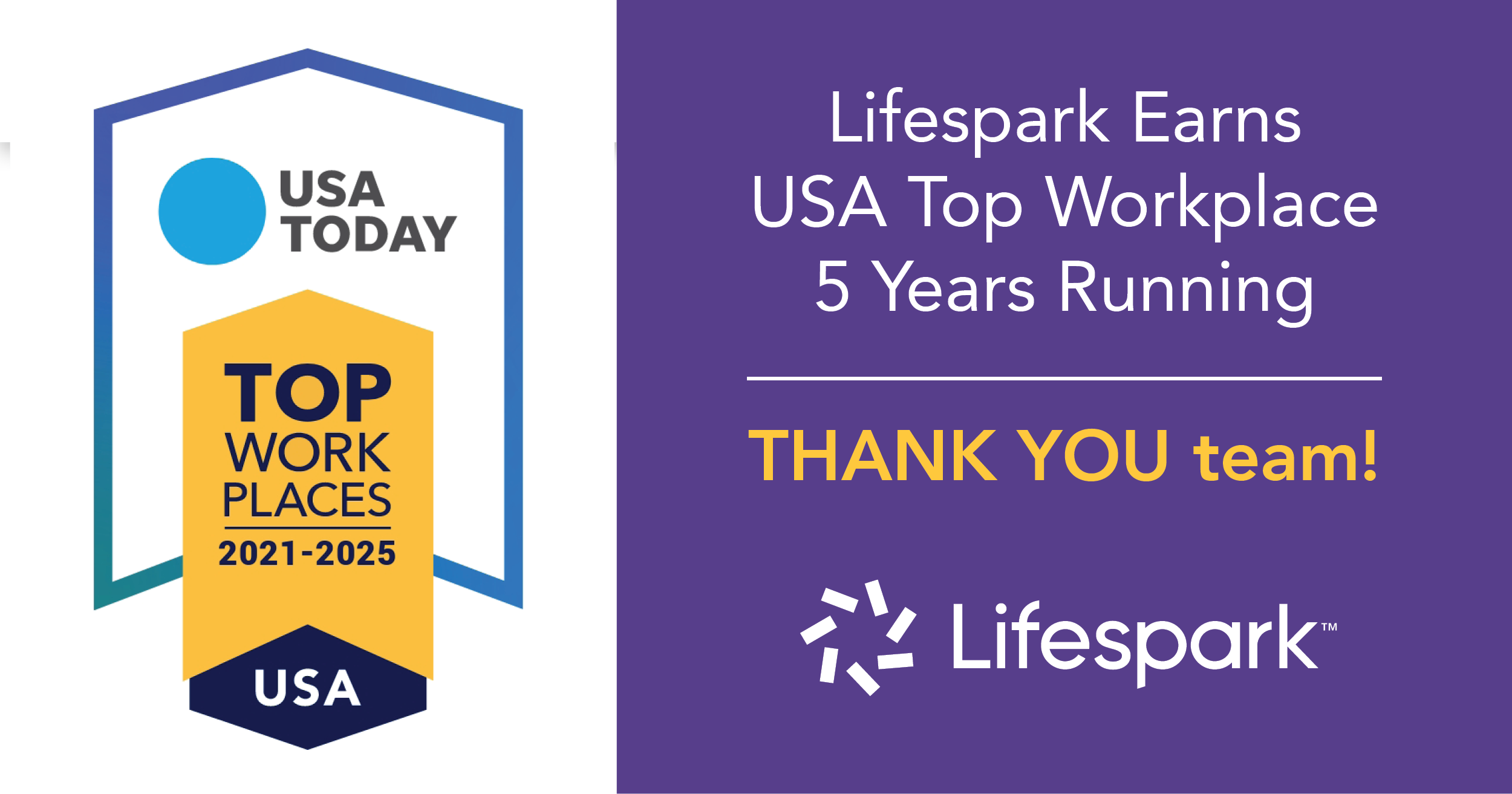
What happens after your loved one has a stroke? While they’re in the hospital, medical providers will likely start the recovery process 24 hours after the incident happens. Getting your loved one moving to regain function and strength early on is crucial to getting them back home and comfortable as soon as possible.
In the moments that follow a stroke, proactive guidance and trusted relationships mean everything. “Studies show that caregivers of stroke survivors often become the ‘second patient in the family’– emotional support is as important as the physical help needed to recover from stroke,” offered Kari Schwartz, RN, Lifesprk Life Manager. “It’s important in these critical moments to understand what is happening, how to care for your loved one, and manage your own stress as you work through this new reality.”
When it comes to your loved one going home, there are a few things to consider before they are able to live their lives as peacefully as possible.
Movement
Depending on the severity of the stroke, your loved one may have some impairments when it comes to moving around their home. Strokes may leave your loved one with a simple brace to aid in walking to more severe needs like a special mattress, walker, or wheelchair.
If your loved one anticipates getting around their home could be difficult, it’s time to look into making any necessary home renovations needed to give your loved one the ability to get around and complete day-to-day activities.
Some things to consider when thinking about your loved one’s mobility throughout the home:
- Are there stairs leading up to the home or in the home that my loved one will be able to navigate easily without assistance?
- Will my loved one be able to get into the bathtub safely?
- Does my loved one have the ability to get in and out of bed on their own?
- Does my loved one feel confident enough to maneuver around their home without anyone else there?
If there are concerns about renovations being made or their comfort level remaining in the home, it may be time to look into different living options for your loved one. This could include them moving in with you or another loved one, an assisted living facility, or another option in your area.
Thought and Memory
Besides the physical impairments that may come along with a stroke, there may be some disruptions with your loved ones thought and memory processes as well. Day-to-day activities such as taking the right medication at the right time, remembering appointments and social engagements, and even having simple conversations can be difficult after a stroke.
As your loved one is going through rehab and recovering from their recent stroke, remember to be patient with them and think of ways to help them with daily activities that they may struggle with. For example, if your loved one has prescriptions/vitamins that they take on a daily basis, purchase a weekly pill box to help them know what day to take which pills, you can also set up an alarm on most smartphones to alert you when it’s time to take your medications or vitamins. Not only will this help your loved one remember to take their pills, it’s a simple way for you to make sure they are on top of their medication schedule.
Throughout the recovery process, it’s important to be supportive and patient with your loved one. By working closely with their doctor, rehab team, and your loved one, you’ll be able to help them throughout the recovery process and adapt to a new way of life, whatever that may be. If you’re looking for help navigating the next steps after a stroke, our Life Navigators are here to help. Contact us to learn about our services to assist your loved one after a stroke.




